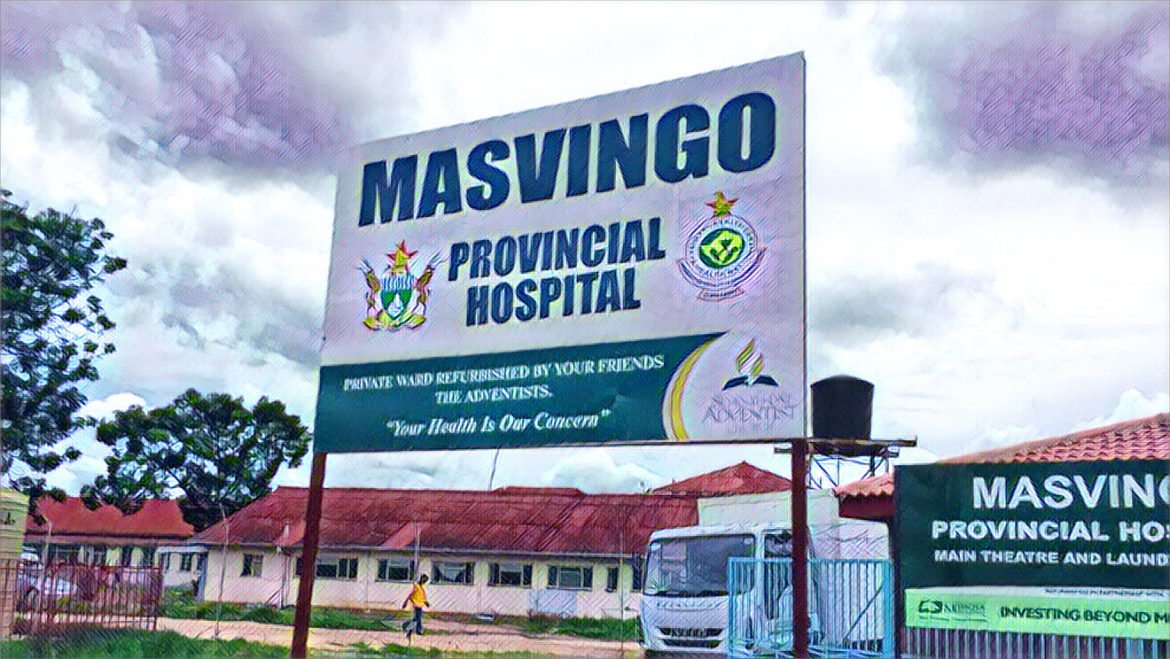According to the World Health Organisation’s 2007 framework, a robust health workforce is pivotal for any country’s health system, alongside financing, governance, service delivery, technology, and medication.
Zimbabwe boasts a plethora of skilled medical professionals. However, the appeal of opportunities abroad has led over 5,000 nurses, along with doctors, pharmacists, and physiotherapists, to seek employment in developed nations. The continuation of this trend may spell disaster for Zimbabwe’s health infrastructure.
The crux of the issue? Medical staff voice dissatisfaction due to low pay, lack of motivation, insufficient career growth prospects, and Zimbabwe’s challenging economic climate.
Once renowned for its impressive literacy rate exceeding 90%, Zimbabwe has a rich history of medical education. The nation’s journey began with its inaugural medical school in 1963, affiliated with the University of Birmingham.
Fast forward to today, Zimbabwe celebrates four medical institutions, with the Simon Mazorodze School of Medical and Health Sciences in Masvingo being the newest. Under the Great Zimbabwe University, this institute welcomed its inaugural batch in March 2023 following its official inauguration by President Emmerson Mnangagwa in October 2022.
According to a report by Newsday Zimbabwe, contributions from Vice-Chancellor Rungano Zvobgo and Dean Jacob Mufunda have been instrumental. Mufunda, with his vast experience spanning several of Zimbabwe’s medical schools, has mentored numerous medical professionals.
Simon Mazorodze School of Medical and Health Sciences has identified Masvingo General Hospital as its primary teaching hub. However, an immediate emphasis on hospital upgrades is crucial to accommodate an array of specialists, ranging from general surgeons to dentists. Such improvements are urgent, given the looming clinical training sessions for students.
With a pledge from Vice-President Constantino Chiwenga to refurbish Masvingo General Hospital, hopes are high for swift government action. While crucial for medical students, this revamp also promises broader benefits for the Masvingo province. Decentralizing medical services previously restricted to metropolitan areas will be a significant advancement, potentially saving countless lives.
The potential of Masvingo General Hospital is immense. A fully equipped hospital can boost service delivery, perform various surgical procedures, and significantly enhance community health. As health and development are intrinsically linked, more trained doctors will contribute to a more favorable doctor-patient ratio, currently at a concerning 1:7,000 in Zimbabwe.
Unity is essential for Masvingo’s progress. The medical school, driven by dedicated lecturers, deserves unwavering support as it shapes the next generation of doctors.


